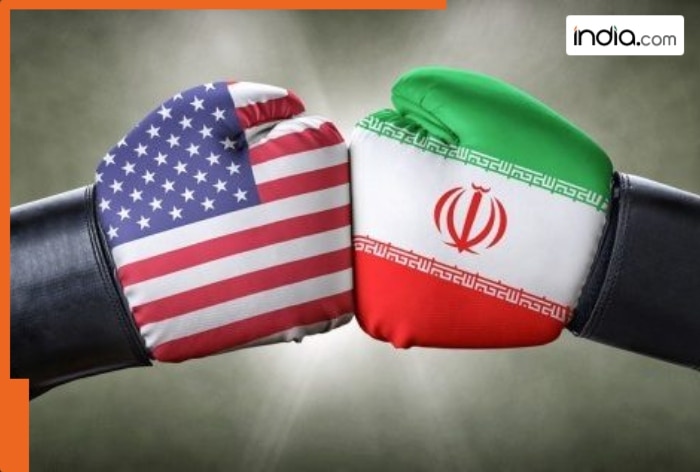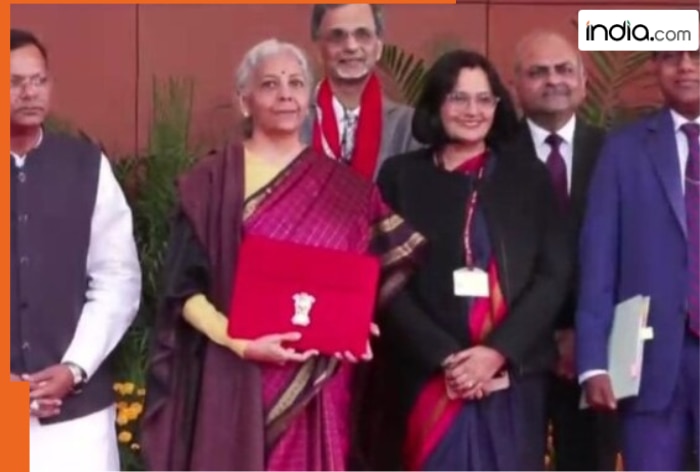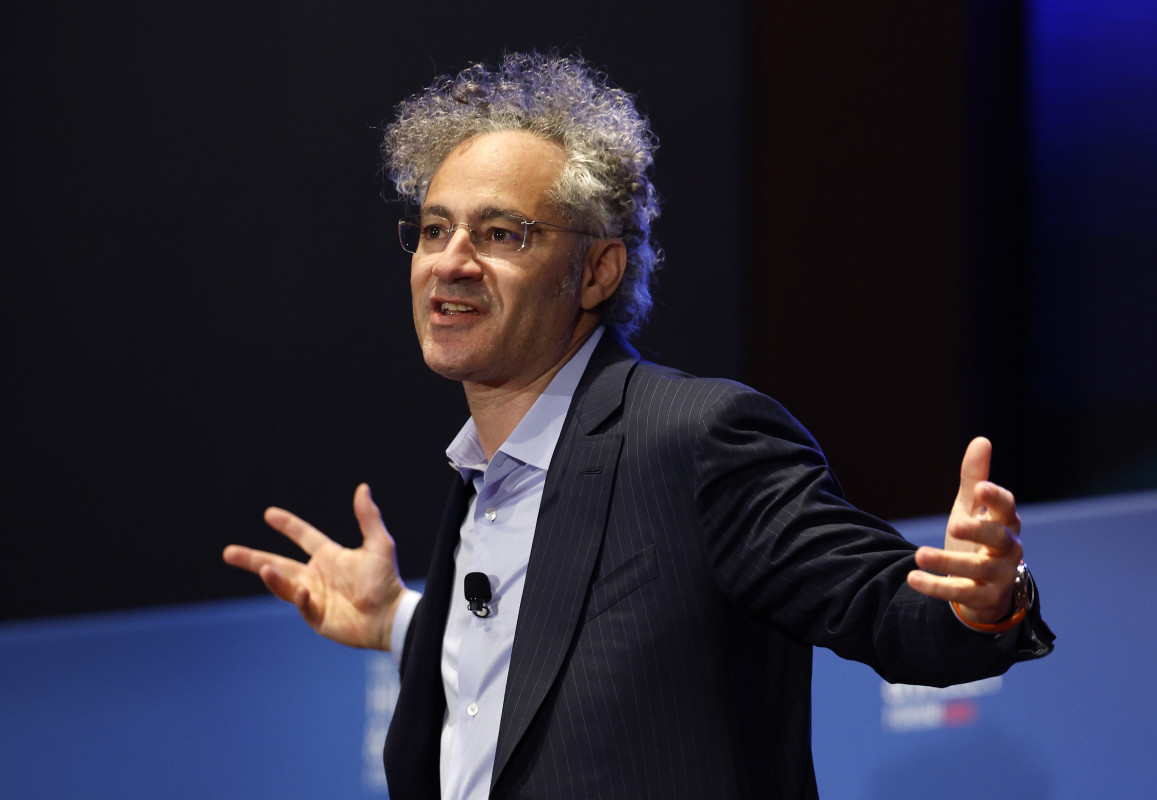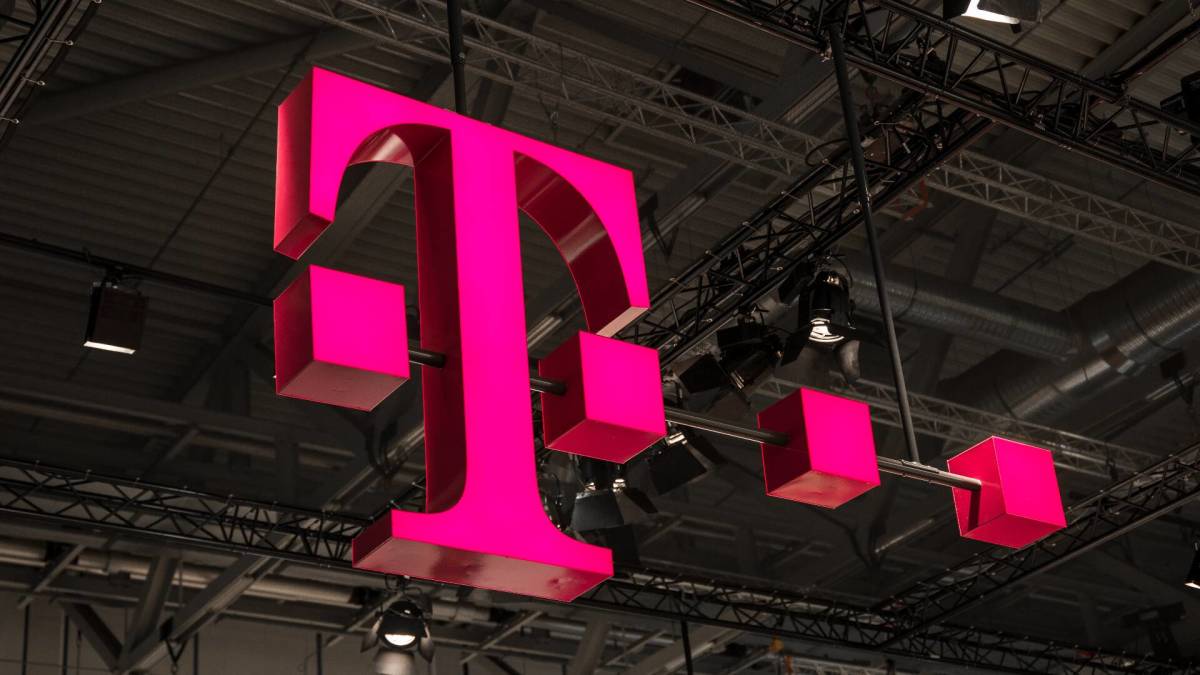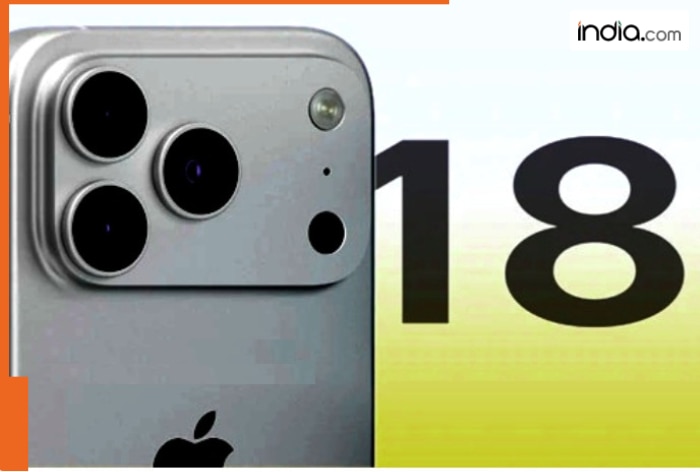Chess players rely on familiar moves even when the game changes
In chess as in life, people use memory as a shortcut for decision-making. That strategy can backfire when the present doesn’t resemblance the past.

Closing year, my son joined the center faculty chess club and started the utilization of me, a full novice, as his sparring companion. In chess, a player can make a call from regarded as one of 20 opening strikes, along with transferring a knight in the motivate row to regarded as one of 4 that that it's likely you'll maybe imagine spots or any of the pawns in the front row one or two areas forward. That opening issues a lot, figuring out how the recreation unspools and, indirectly, a player’s odds of winning. I experimented wildly, along with with oddball strikes, a lot like transferring the pawn on the a ways good a single space forward. Given how badly that recreation went, I never feeble that opener every other time.
Yet a gap cross with a low likelihood of success in outmoded chess may maybe also be a winner in Chess960, a a few years-ragged variant of the normal recreation. In Chess960, pawns soundless line the front row, however the motivate pieces are scrambled (even though in the identical formation for every dusky and white pieces). It’s a topsy-turvy chess universe the attach gamers essentially rely upon tried-and-appropriate opening strikes, even when an oddball cross may yield elevated success, researchers reported earlier this month in a National Bureau of Financial Study working paper.
The findings hint on the manner to create decisions when life doesn’t appear to be taking part in by the principles.
“One would seek facts from that if the likelihood adjustments, then decision makers would pace motivate to the strategy starting stage, so that you may maybe instruct, and alter their decisions,” says Yuval Salant, a behavioral scientist at Northwestern University in Evanston, In uncomfortable health. The impress of relying on previous experiences when other approaches may create more sense is is known as the “memory top class.” In chess, no no longer as a lot as, this top class is quantifiable.
To calculate these premiums, Salant and his colleagues analyzed games performed from January 2013 to June 2021 on lichess.org, a preferred web chess server the attach gamers can play both the long-established or scrambled model of the recreation.
The researchers first excluded much less experienced gamers, or those that had opened fewer than 20 instances in long-established chess on Lichess. They then zoomed in on the hole strikes of roughly 147,000 gamers attempting Chess960 for the first time while taking part in with the white pieces, which pace first.

In long-established chess, any cross has a 1 in 20 — or 5 percent — likelihood of being selected on moderate, even though some opening strikes are more usual than others. Salant and his colleagues counted any cross that a player had opened with in long-established chess as stored in memory. In Chess960, a player’s likelihood of beginning with a given in-memory cross elevated by roughly 4 percentage capabilities, on moderate, over that 5 percent baseline, the crew chanced on.
For occasion, transferring the pawn in front of the queen two squares forward, from D2 to D4, is a preferred chess opener. About three-quarters of the gamers in the look, roughly 110,000 participants, had opened with D2 to D4 in long-established chess. Of those gamers, 20 percent opened with that identical cross in their first recreation of Chess960, no matter which part started on the motivate of the D2 pawn, the crew chanced on. Among gamers who had no longer feeble that cross in long-established chess, the likelihood of opening with it in Chess960 dropped to 10 percent. In other phrases, having that cross in memory doubled the likelihood that a player would exhaust it in an off-kilter setting.

The utilization of a program known as Stockfish, which is in a space to fee the impress of every cross in chess or Chess960, the crew additionally scored the hole strikes. Moves in memory essentially had lower scores than the categorical quite plenty of, the crew chanced on. But now not like Stockfish, naïve gamers cannot seek the statistical possibilities of eventual success for assorted openings. As such, memory served as a cheap manner to determine a sufficiently high-scoring opening cross — to a degree. When the scrambled board deviated substantially from the long-established method, shifting from memory to rational analysis would own yielded better odds of winning.
In wholly new eventualities, it’s value “pondering beyond intuition,” Salant says.
And expertise helped. When the crew centered on the roughly 16,700 gamers who had performed Chess960 no no longer as a lot as 50 instances, they chanced on that the memory top class dropped from roughly 4 percentage capabilities to 2.5 percentage capabilities, suggesting that americans own been beginning to guage outdoor the box.
Primarily, legendary chess grandmaster Bobby Fischer invented Chess960 in 1996 to accumulate gamers outdoor their comfort zone, Salant says. “He idea chess is no longer about memorization but … strategic pondering.”
The findings counsel that memory, while spoiled, in general is a tight shortcut for decision-making, says Michael Woodford, a behavioral economist at Columbia University who modified into no longer involved with this analysis. And when issues feel wholly remarkable, reflecting on the same eventualities across time or space — or gaining the chess identical of expertise, fairly than turning to a well-diagnosed but much less associated playbook — isn’t a bad concept. “This appears to be a foremost lesson about real life,” Woodford says.
What's Your Reaction?







